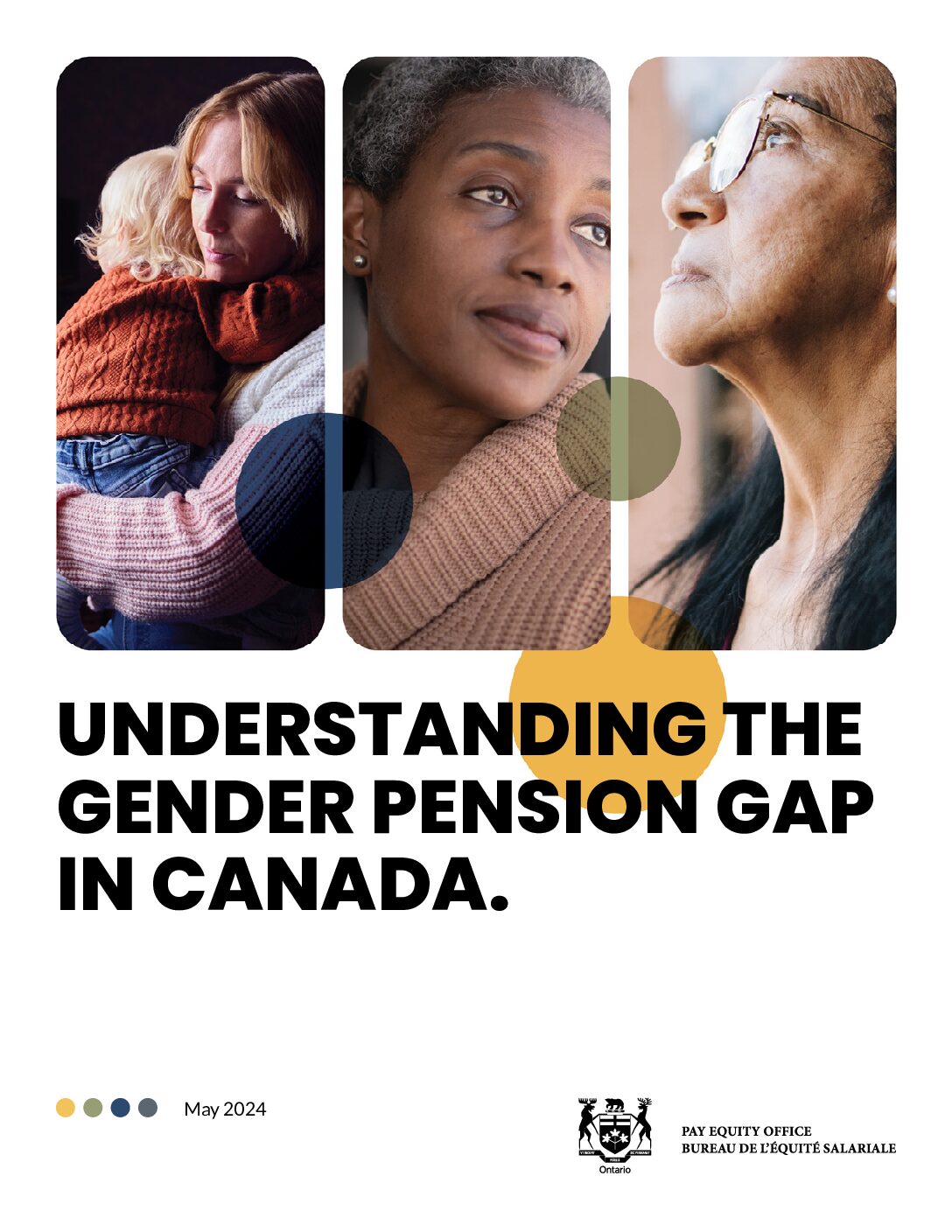Financial education: Current practices and future challenges
By Kristof De Witte, Oliver Holz, Kenneth De Beckker
In a world where individuals become increasingly responsible for their financial well-being, and where the complexity of financial markets and products is growing, financial education becomes crucial. Although it is well accepted to introduce financial education in compulsory education, there is no consensus on the optimal way to implement financial education. This book explores the current state and the future challenges of financial education in five European countries: Belgium, Estonia, Italy, Slovakia, and the Netherlands. Moreover, it provides a comprehensive review of the academic literature on financial literacy. The book is a product of a strategic partnership with professionals from 14 partners, including universities, secondary schools and intermediary organisations dealing with financial literacy promotion. The EUFin project supported by this partnership aims to develop evidence-based didactical material for financial literacy education for tertiary and secondary education levels and exchange best-practices.
Get the book here










